The project of the Luxembourg Pavilion at the 59th Venice Biennale is entitled Faraway So Close. It is an exhibition by Tina Gillen (Luxembourg, 1972), who was chosen as the only artist to represent the Grand Duchy of Luxembourg at the Biennale. The exhibition has inspired the artist to create a new series of large-format paintings: the pictorial installation comes to life in the Luxembourg Pavilion, within the historic rooms of the Sale d’Armi, in the Arsenale, which become a cue to explore the links between inner space and the outer world.
By primarily resorting to the medium of painting, Tina Gillen’s work investigates the relationships we have with the world around us and does so with a particular focus on themes related to landscape andliving. Gillen’s paintings frequently find an origin in photographic images that the artist modifies, simplifies, “translates” pictorially and associates with other elements to arrive at compositions that maintain a certain ambiguity between abstraction and figuration, construction and improvisation, canvas surface and translation of space. A dense atmosphere emanates from his paintings, enveloping forms drawn from everyday life in a veil of mystery and strangeness. Faraway So Close is the project Tina Gillen conceived for the Luxembourg Pavilion designed for the Sale d’Armi, whose history dates back to the 15th century and whose use as an arms depot connects them to Venice’s military past. “Instead of opting for a scenography understood in the most classical sense of the term, that is, as the construction of an architecture, of temporary walls,” Gillen decided to work “with space.”
The exhibition brings together eight large canvases housed in a scenic device inspired by painted film backdrops, “as if the works,” says the artist, “were there only temporarily, waiting to be moved and relocated again ... like a set still being created.” In this sense, Faraway So Close represents an extension of the reflections that have guided Tina Gillen’s work over the past decade on how painting relates to space. As in many of the previous exhibitions, the ways in which the works are presented become an integral part of the work and the starting point for an aesthetic experience that extends throughout the space.
The subjects of the paintings reflect Gillen’s recent research into natural phenomena beyond human control, such as weather events, rising sea levels and volcanic activity. Together the works are intended to evoke the four elements historically associated with the formation of the universe (earth, water, fire and air), as well as manifestations of disruption caused by human activity, echoing what French writer Marielle Macé describes as “uncertain landscapes.” “Living in a damaged world,” Macé writes, “means in essence living in uncertain landscapes, tangles of life lines and death lines; it means living with wastes, ghosts, hybrid beings, poisons and dangers, but also with dreams, desires, inventions, life practices, since ’life always invents.’” An ambivalence that Gillen wanted to resonate in many of the paintings in the exhibition. For example, in the monumental Sunshine III (2022), a set of black and yellow schematic forms unfolds across the canvas space from a core located at the bottom of the painting. The work evokes the sun and the rays emanating from it, but it can also be interpreted as an explosion bursting into the exhibition space.
Power II (2022) combines a network of thin lines and stripes reminiscent of the outline of an electric pylon and an atmospheric background that suggests the image of a distant horizon. Finally, three paintings that share the same title, Sealevel (IV, V and VI, 2022), reflect contemporary issues caused by climate change. At the heart of the installation is Shelter (2022), a sculptural element whose form is inspired by a seaside hut that the artist discovered on the Côte d’Opale in northern France and has already depicted in a small painting on paper, titled Shelter (2018). In this work, the house is depicted floating in an abstract, ethereal space, “as if its surroundings had been erased, washed away by water.” Transposed into the exhibition space and related to the paintings, this form becomes a polysemic space for the artist, serving at once as a place of retreat and a door to the world, a refuge and a space traversed by a multitude of information. Faraway So Close speaks to the complexity of the relationships we weave between our interior spaces and the outside world, between proximity and distance.
Tina Gillen (1972, Luxembourg) has presented her work in solo exhibitions at Bozar Brussels (2015), Mudam Luxenbourg (2012), and M Museum Leuven (2010). His work has also been presented in numerous group exhibitions held at Mudam Luxenbourg (2018, 2010, 2009), Künstlerhaus Bethanien in Berlin (2012), Netwerk Aalst (2012), Mu.ZEE in Ostend (2010), Wiels in Brussels (2009), M HKA in Antwerp (2007), and Platform Garanti in Istanbul (2004). Two monographs, Echo (MER. Paper Kunsthalle, 2016) and Necessary Journey (Hatje Cantz, 2009) have been published on his work. He lives and works in Brussels. For the Venice Biennale, Tina Gillen’s Faraway So Close was selected through a competition held by the Ministry of Culture and Mudam. The jury consisted of Suzanne Cotter (director of Mudam 2018-2021, chair), Kevin Muhlen (director of Casino Luxembourg - Forum d’art contemporain), Anke Reitz (curator of the Steichen Collections- CNA in Clervaux), Dirk Snauwaert (director of Wiels in Brussels), Lorenzo Benedetti (curator at Kunstmuseum St.Gallen), Michelle Cotton (head of the Artistic Programming and Content Department at Mudam) and Christophe Gallois (curator, head of exhibitions at Mudam).
The exhibition is accompanied by a catalog that includes previously unpublished contributions by Jean-Philippe Antoine, Marielle Macé and Eva Wittocx and a conversation between Tina Gillen and Christophe Gallois, curator of the exhibition.
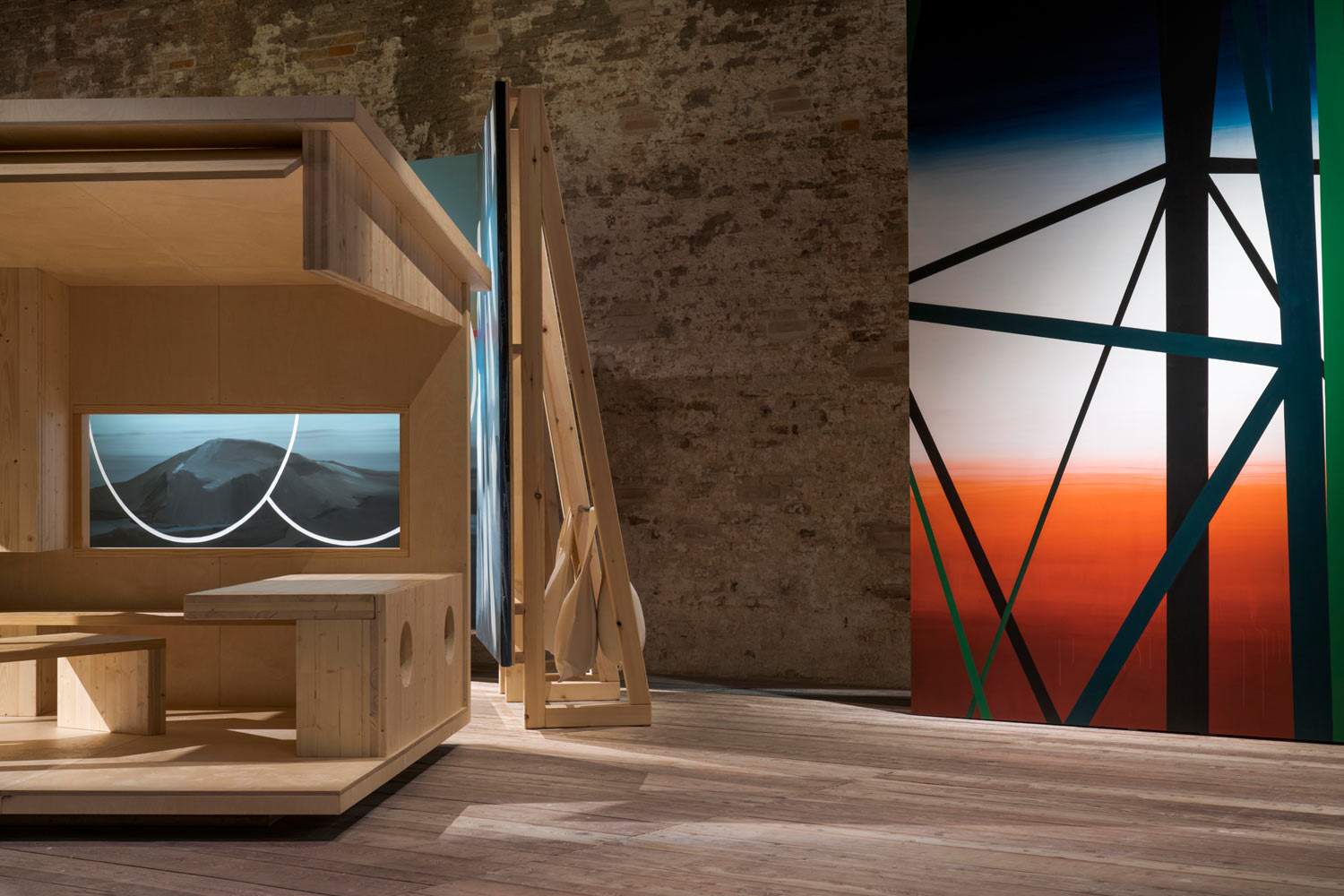
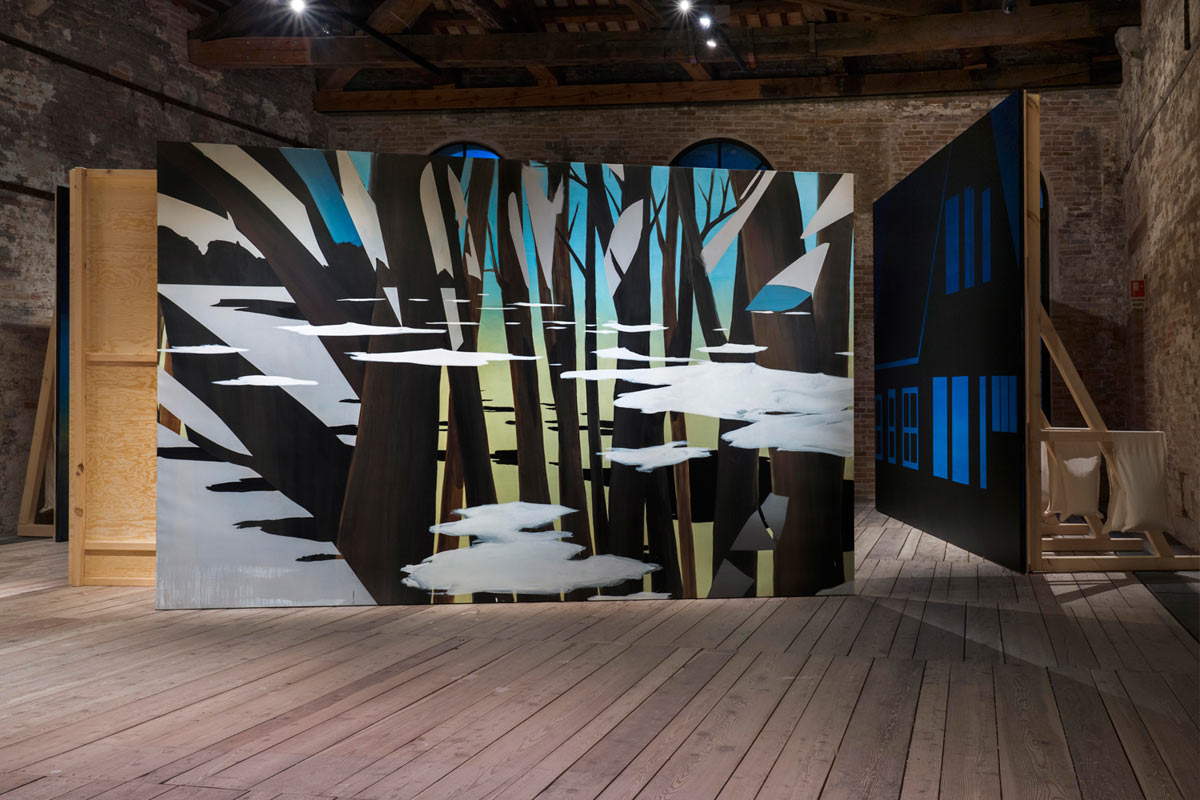
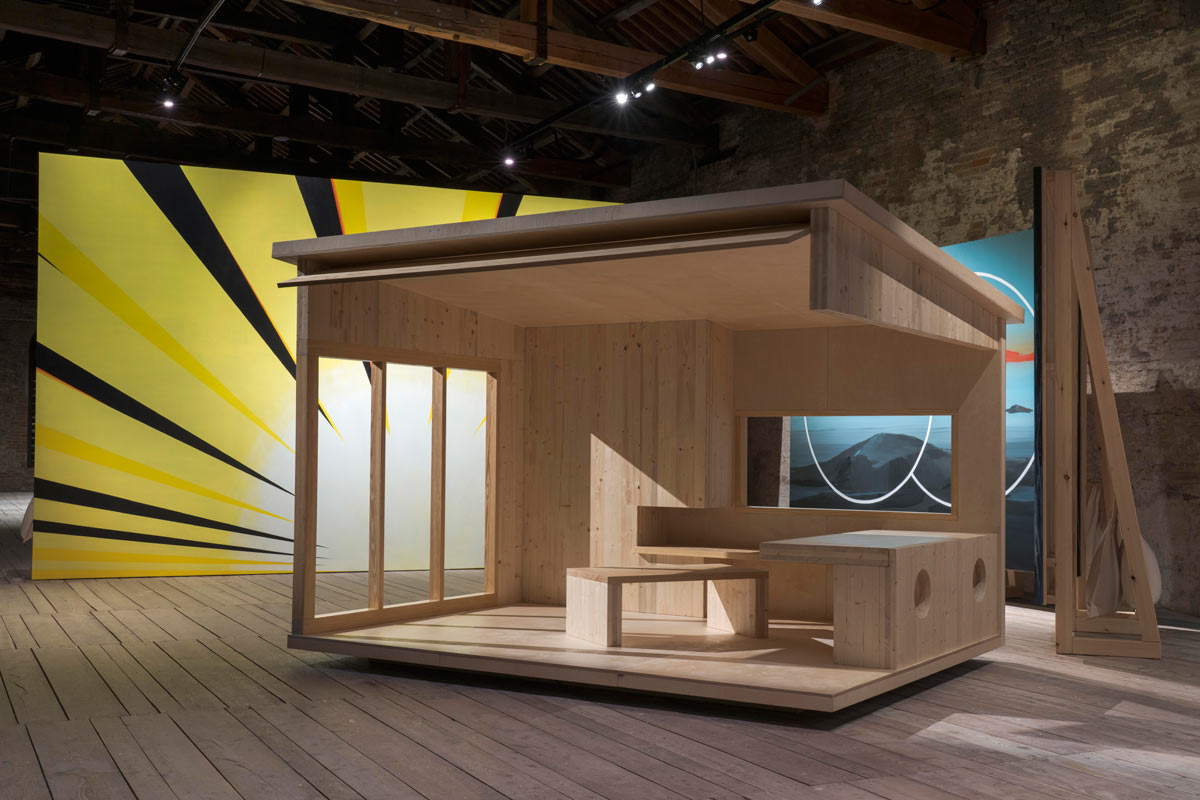
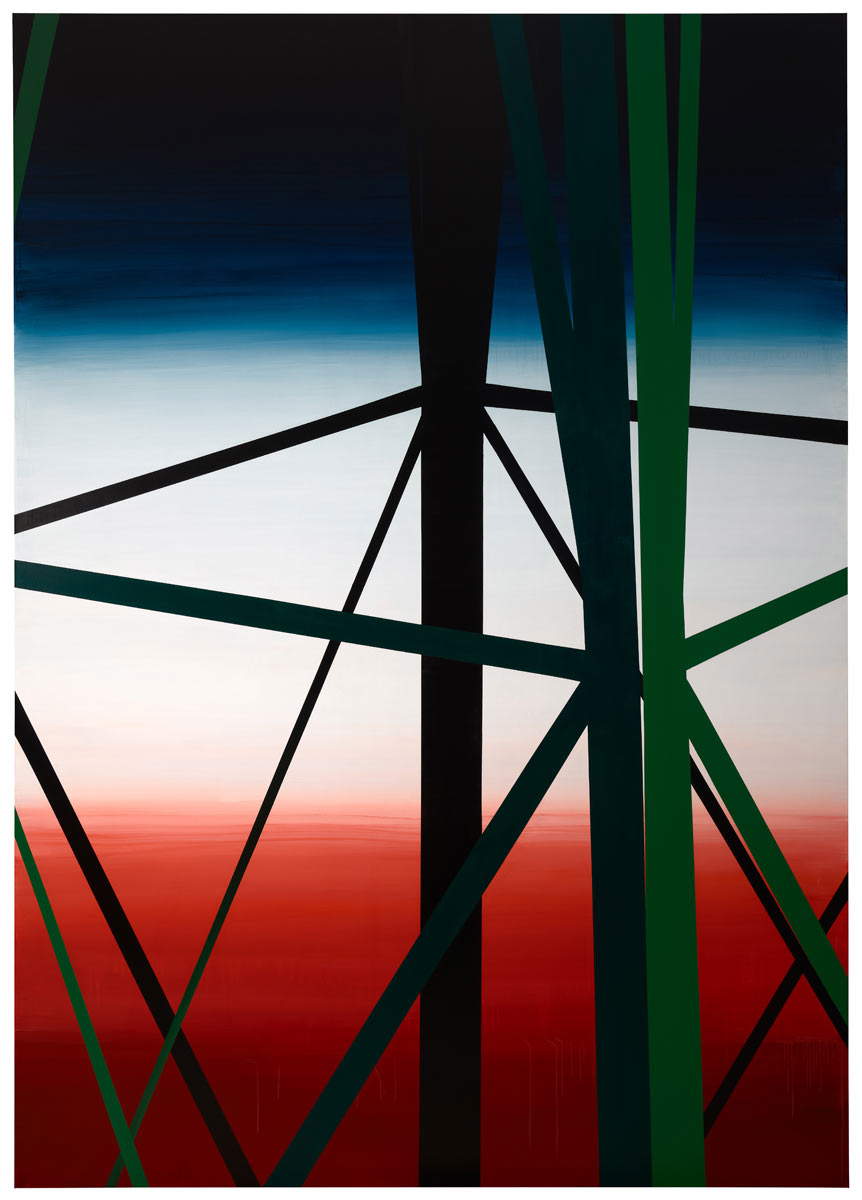
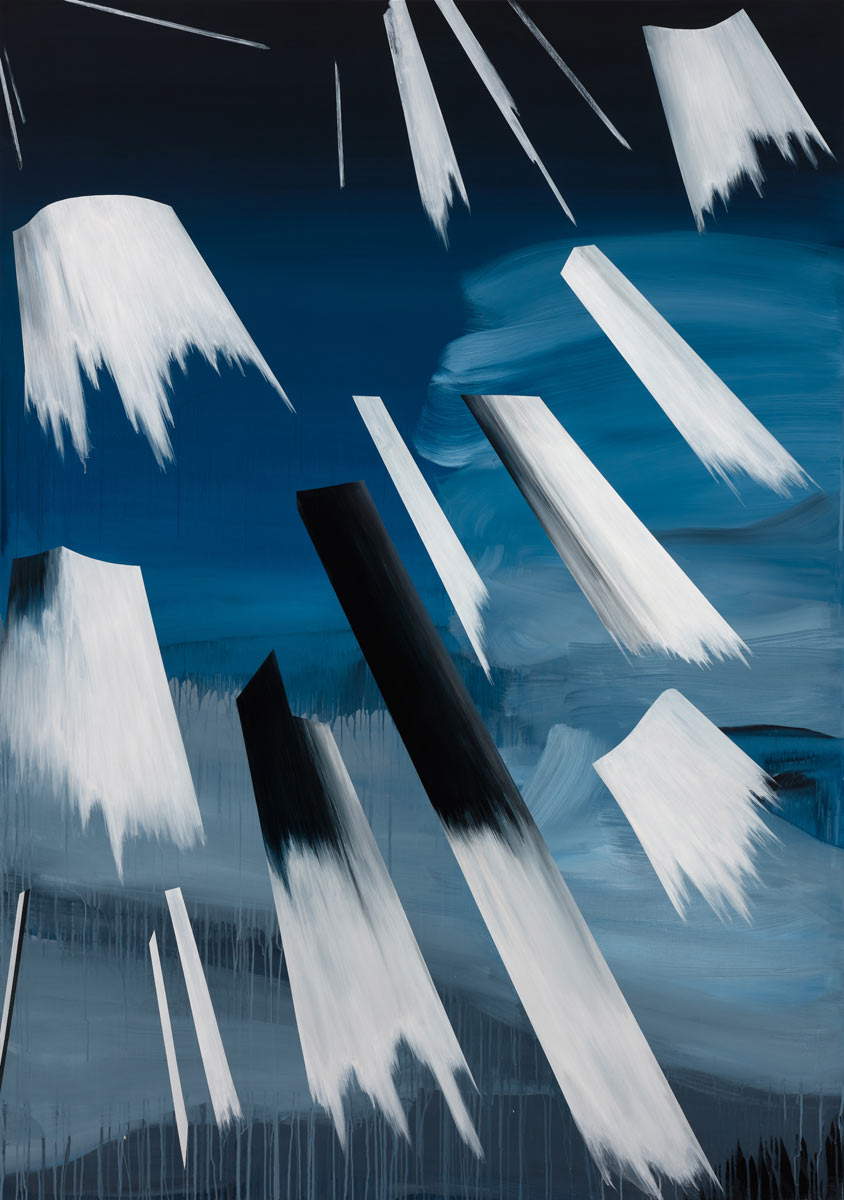
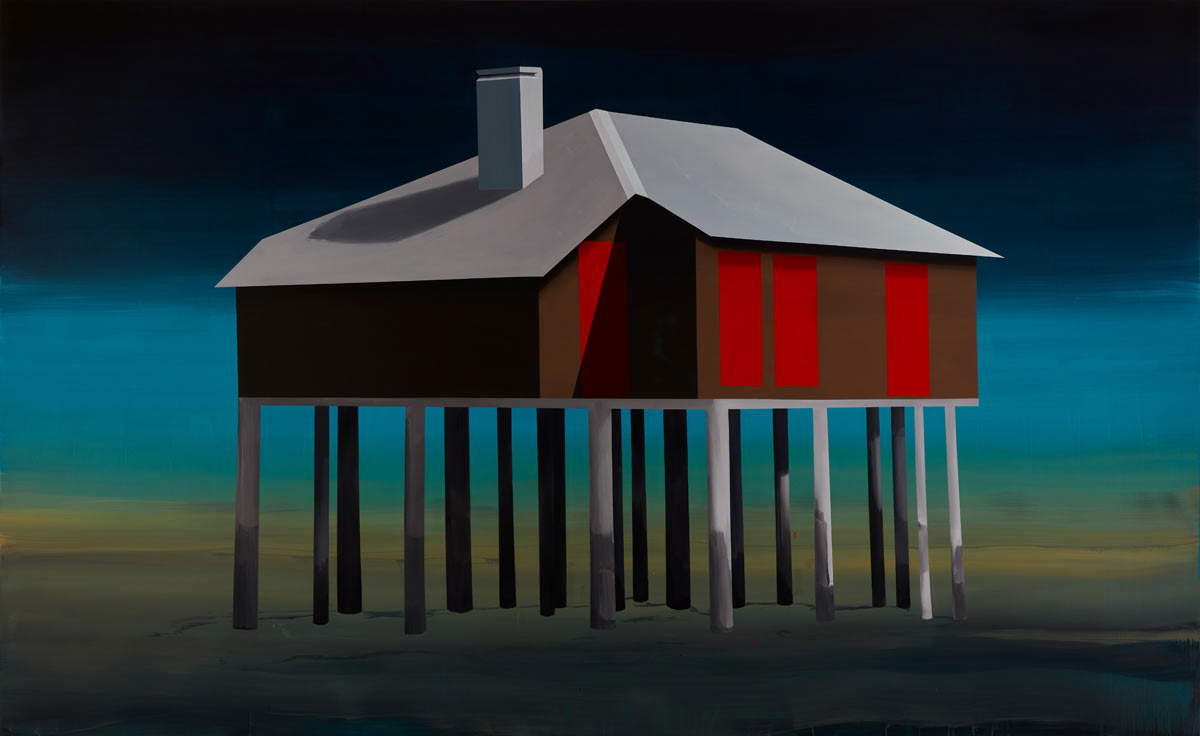
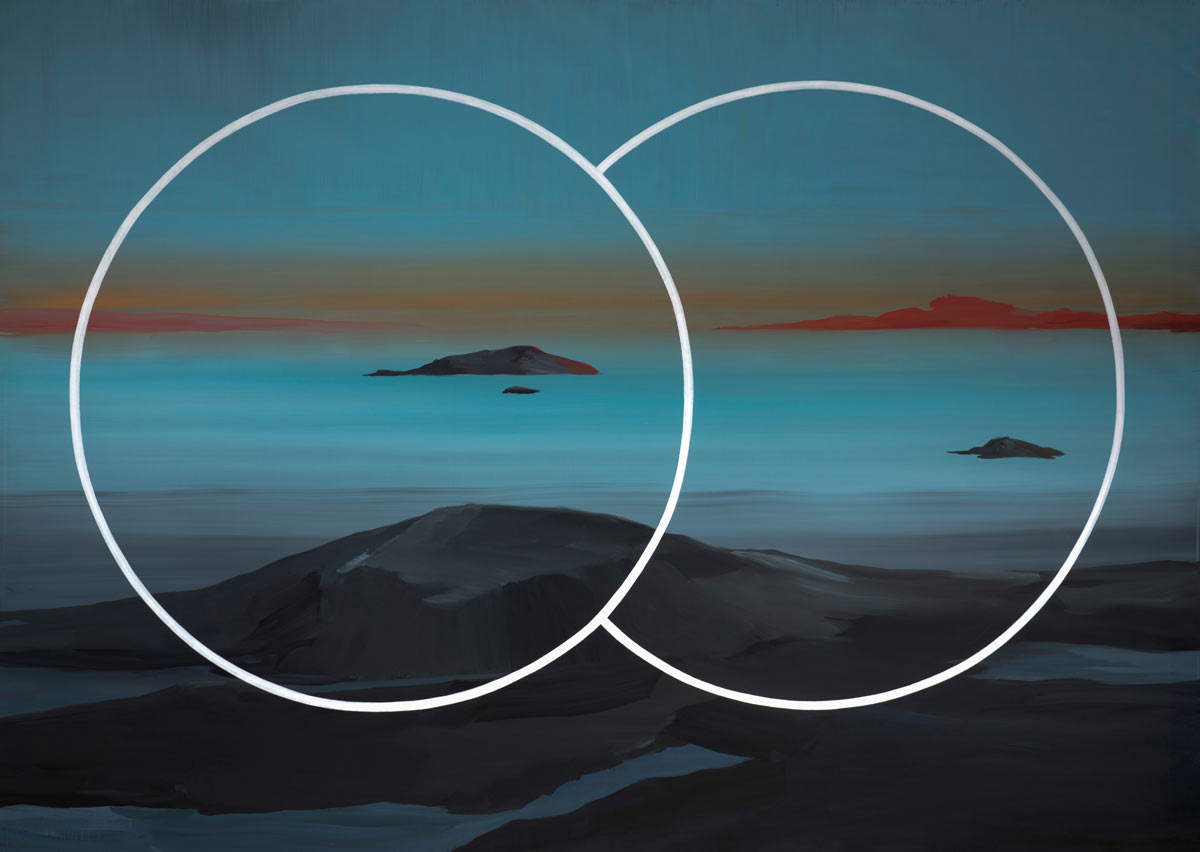
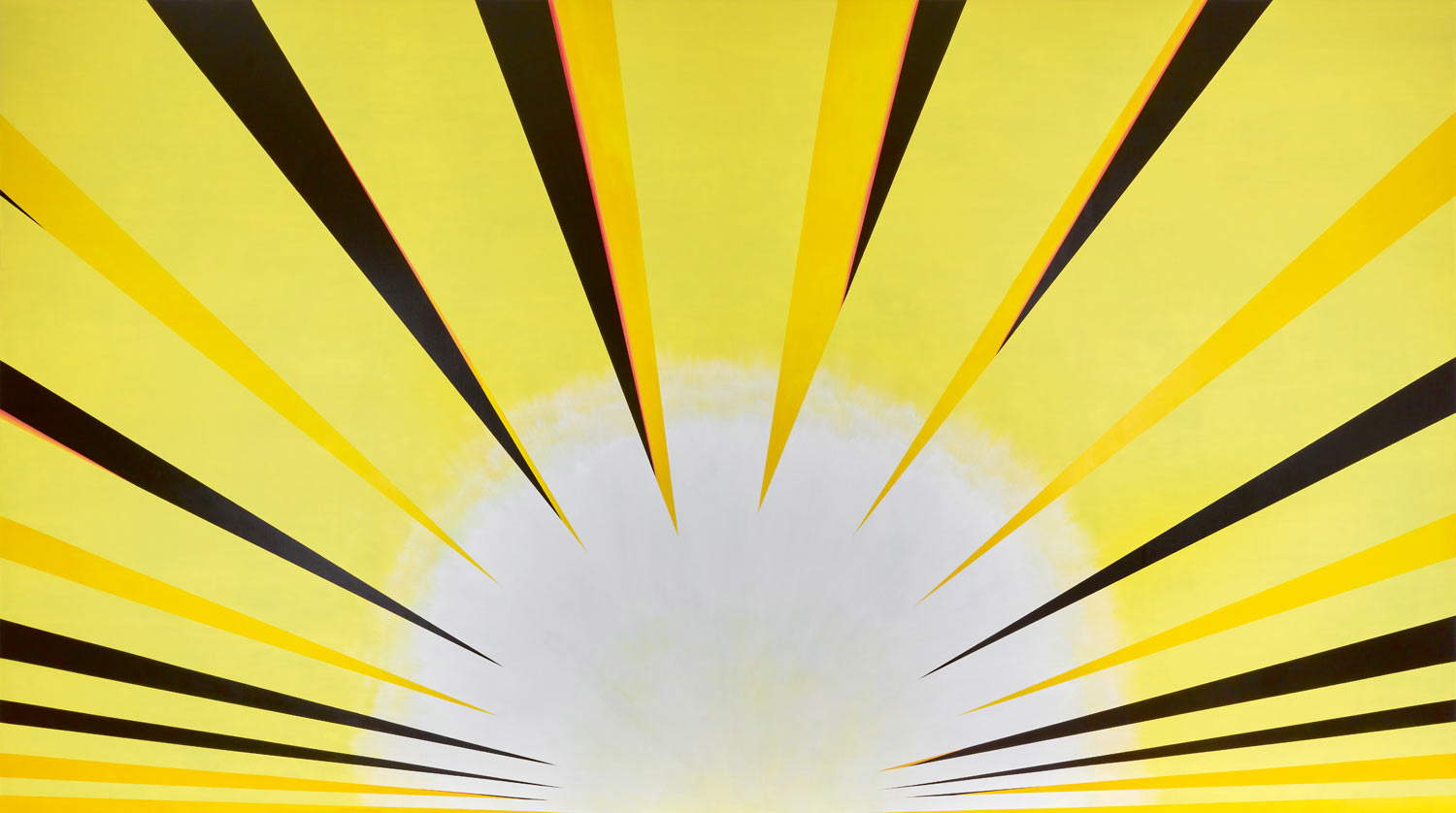
 |
| Venice Biennale, Luxembourg Pavilion speaks of closeness and distance |
Warning: the translation into English of the original Italian article was created using automatic tools. We undertake to review all articles, but we do not guarantee the total absence of inaccuracies in the translation due to the program. You can find the original by clicking on the ITA button. If you find any mistake,please contact us.